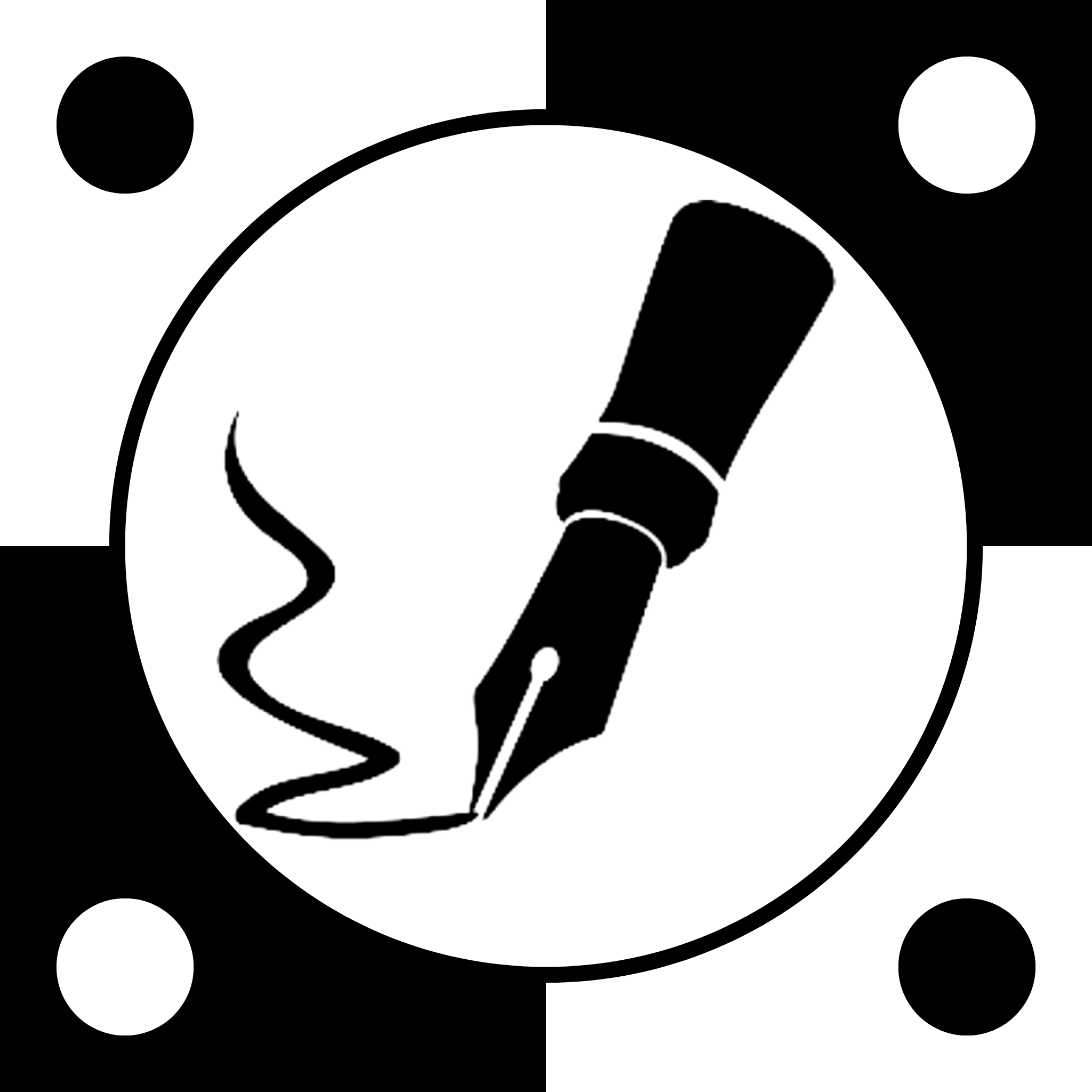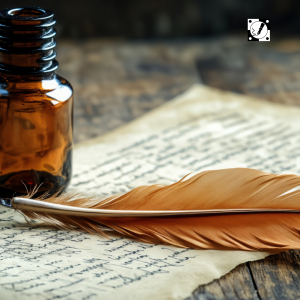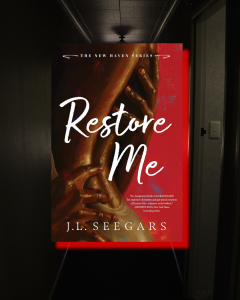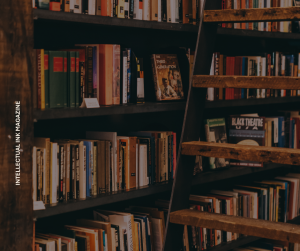The Soundtrack of a Story: How Music Influences Writing and Becomes a Character in Narrative
4 min read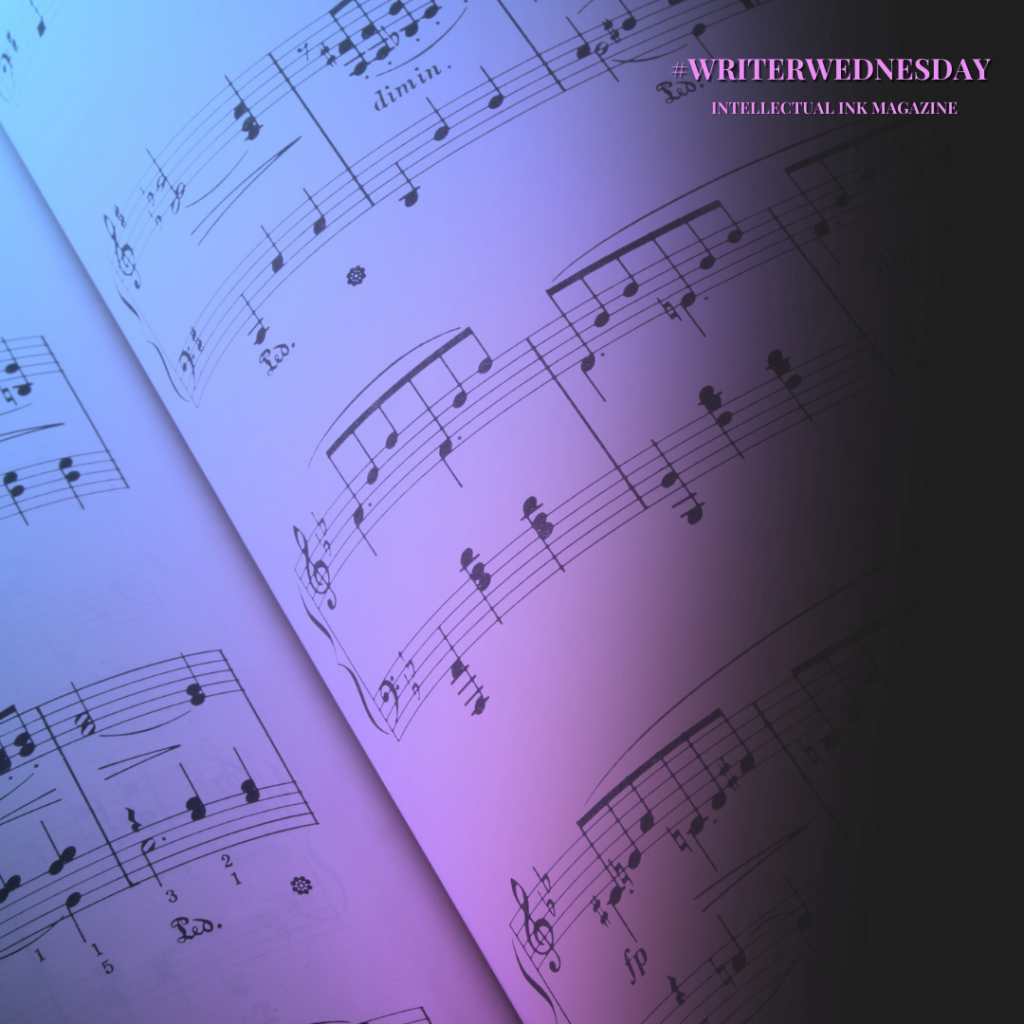
Every story has a rhythm. Some novels feel like jazz: improvisational, loose, alive. Others pound like heavy metal, relentless and raw. Many are built like classical symphonies, weaving multiple themes into a grand structure. And while readers may not always hear the music, writers often feel it beating beneath the words.
For centuries, authors have leaned on sound to spark creativity, focus their energy, and set the mood of their stories. Yet music is not just a tool for concentration; it can act as a narrative engine, shaping characters, settings, and emotions in ways words alone cannot. In fact, music sometimes functions as an invisible character within a story, one whose presence influences everything around it.
Music as a Writing Ritual
For many writers, music serves as the switch that flips their brain into creative mode. The right playlist can train the mind to enter the story world, much like athletes warm up before a game. When Haruki Murakami writes, he often pairs his work sessions with jazz records, letting the saxophone and piano shape his flow.
Stephen King has famously admitted he blasts rock music, especially bands like AC/DC, while drafting his novels. He claims the pounding guitar and drums mirror the urgency of horror writing, pushing his imagination toward darker places.
The specific genre matters less than the consistency. Writers often curate playlists not to reflect what their characters listen to, but to set the internal temperature they need for the writing session. Ambient tracks help some authors find focus. Movie soundtracks, stripped of lyrics, give others a cinematic frame for their words. The ritual itself becomes part of the process.
Music as Emotional Blueprint
Great writing captures emotion, and music is one of the fastest ways to trigger it. Imagine writing a heartbreak scene while Adele croons about lost love, or a battle sequence with Hans Zimmer’s thunderous drums in the background. The emotional intensity of the song leaks into the prose.
Writers often talk about “chasing the feeling” in their stories. If you need despair, you put on a sorrowful ballad. If you need triumph, you play something soaring and grand. Over time, writers start to associate specific songs with certain characters or themes, almost like a personal film score for their book.
This emotional mapping can also stabilize the tone of a long project. Writing a novel takes months or years, and moods change. A playlist built at the start can help anchor the writer to the emotional heart of the story, even when life pulls in other directions.
When Music Becomes a Character
Sometimes, music is not just a background tool but an active part of the story itself. Consider how authors use music to flesh out character identities:
- Nick Hornby’s High Fidelity is practically a novel-length mixtape, where every character is defined by their relationship to songs and albums.
- In A Clockwork Orange, Beethoven’s Ninth Symphony plays a pivotal role in shaping Alex’s psychological state.
- In Toni Morrison’s Jazz, the narrative structure itself mimics the improvisational nature of the music, with shifting voices and rhythms.
In these cases, music becomes more than a cultural reference. It shapes character choices, drives themes, and influences the storytelling structure. It is a character in its own right, silent and invisible, yet deeply present.
The Neuroscience Behind It
Why does music work so well for writers? Neuroscience offers some answers. Studies show that music stimulates the brain’s reward system, flooding it with dopamine. This not only lifts mood but also enhances focus and creativity. Background music, especially without lyrics, can increase cognitive endurance during tasks like writing.
However, not all music works the same way. Fast-paced or lyric-heavy tracks can be distracting for certain tasks, especially revision or line editing. This is why many writers differentiate between their “drafting playlist” and their “editing playlist.” Drafting thrives on energy, while editing often needs quiet precision.
Soundtrack Your Story
If you have never experimented with music in your writing process, start small:
- Build a Mood Playlist. Pick songs that match the tone of your current story. Use it only when writing that project.
- Assign Themes. Give each major character a “theme song” to capture their energy. When writing their scenes, play that track to stay consistent.
- Use Instrumentals. Film scores, lo-fi hip hop, and ambient soundtracks are powerful because they carry emotion without competing lyrics.
- Adjust by Stage. Draft with energetic tracks. Edit in silence or with calm instrumentals.
The key is intentionality. Your playlist should not be random background noise. It should be a curated soundtrack that helps your story breathe.
Every writer has their own process, but music offers one of the most universal bridges between emotion and creativity. It can shift moods, deepen characters, and remind us that storytelling, at its core, is rhythm and sound translated into words. Do you soundtrack your writing? If so, what’s on your playlist right now, and how does it shape your story?
